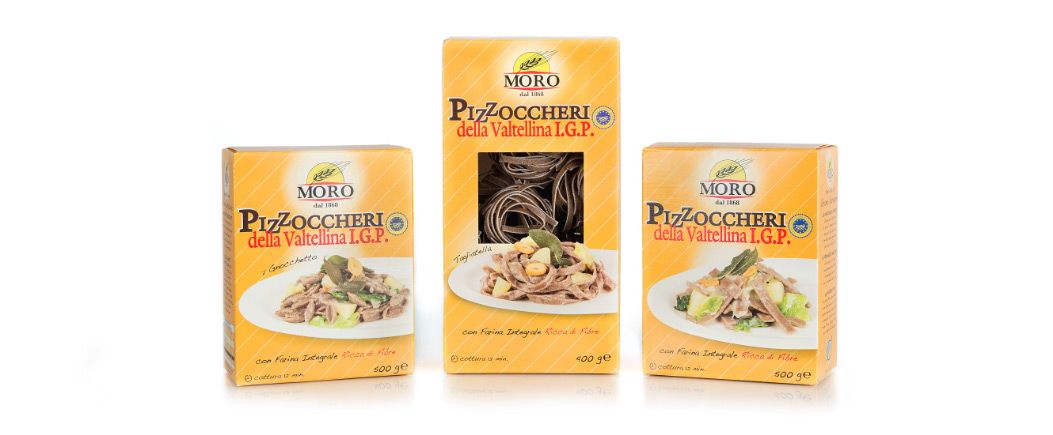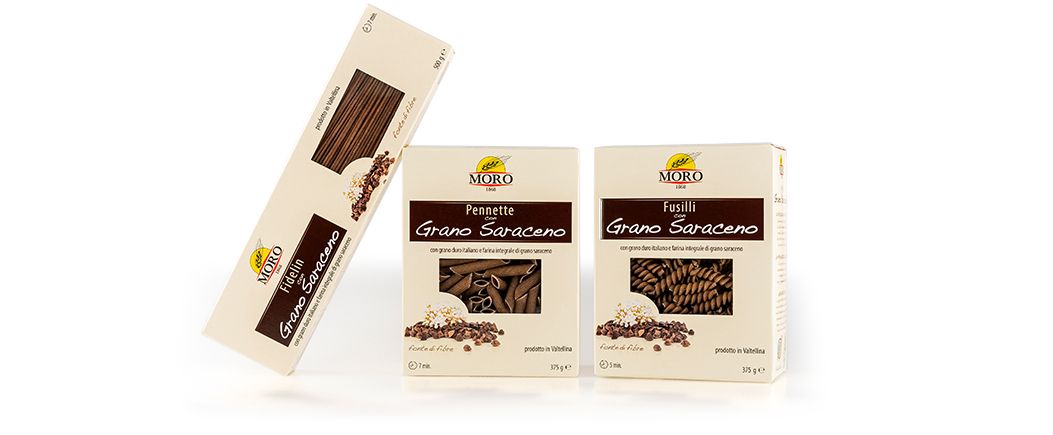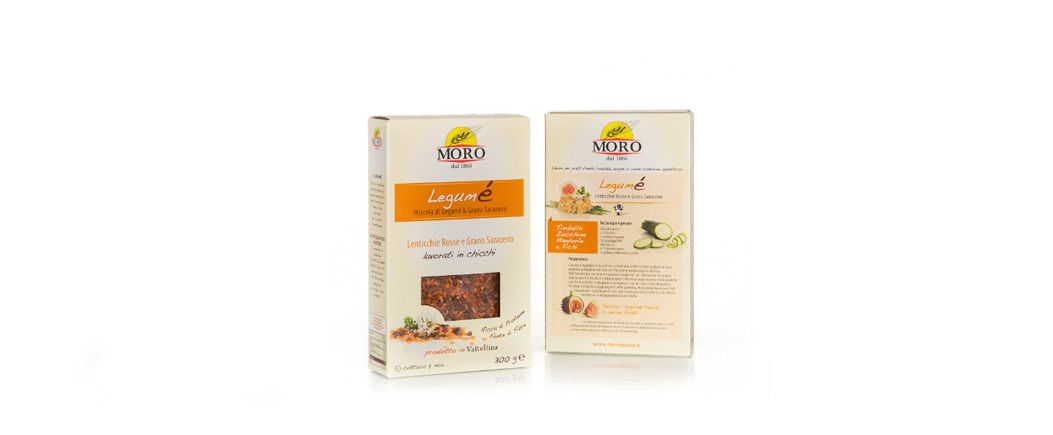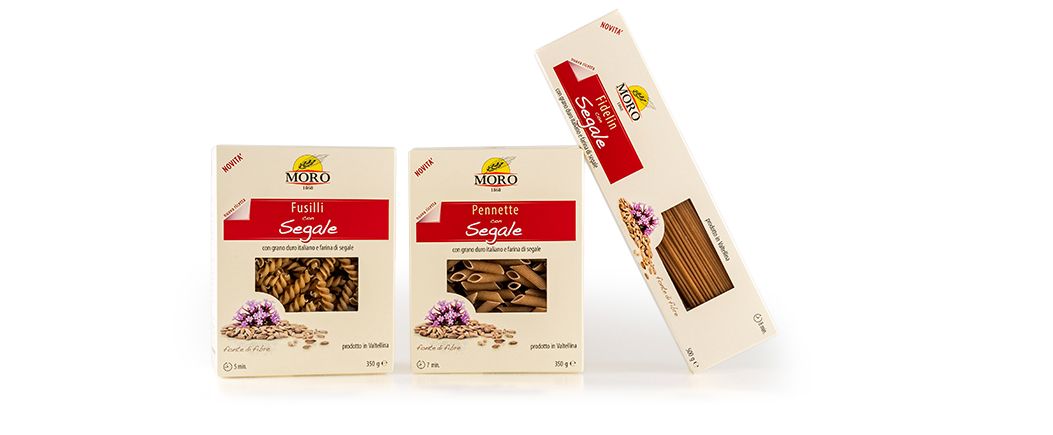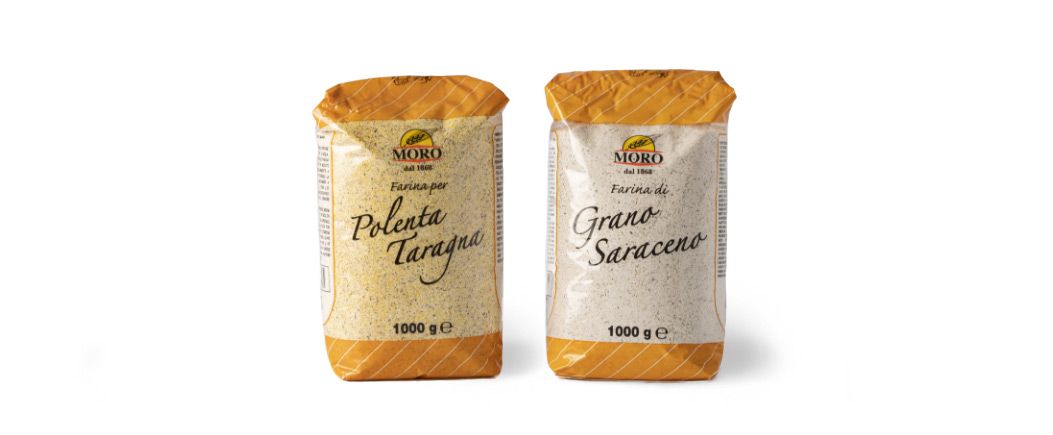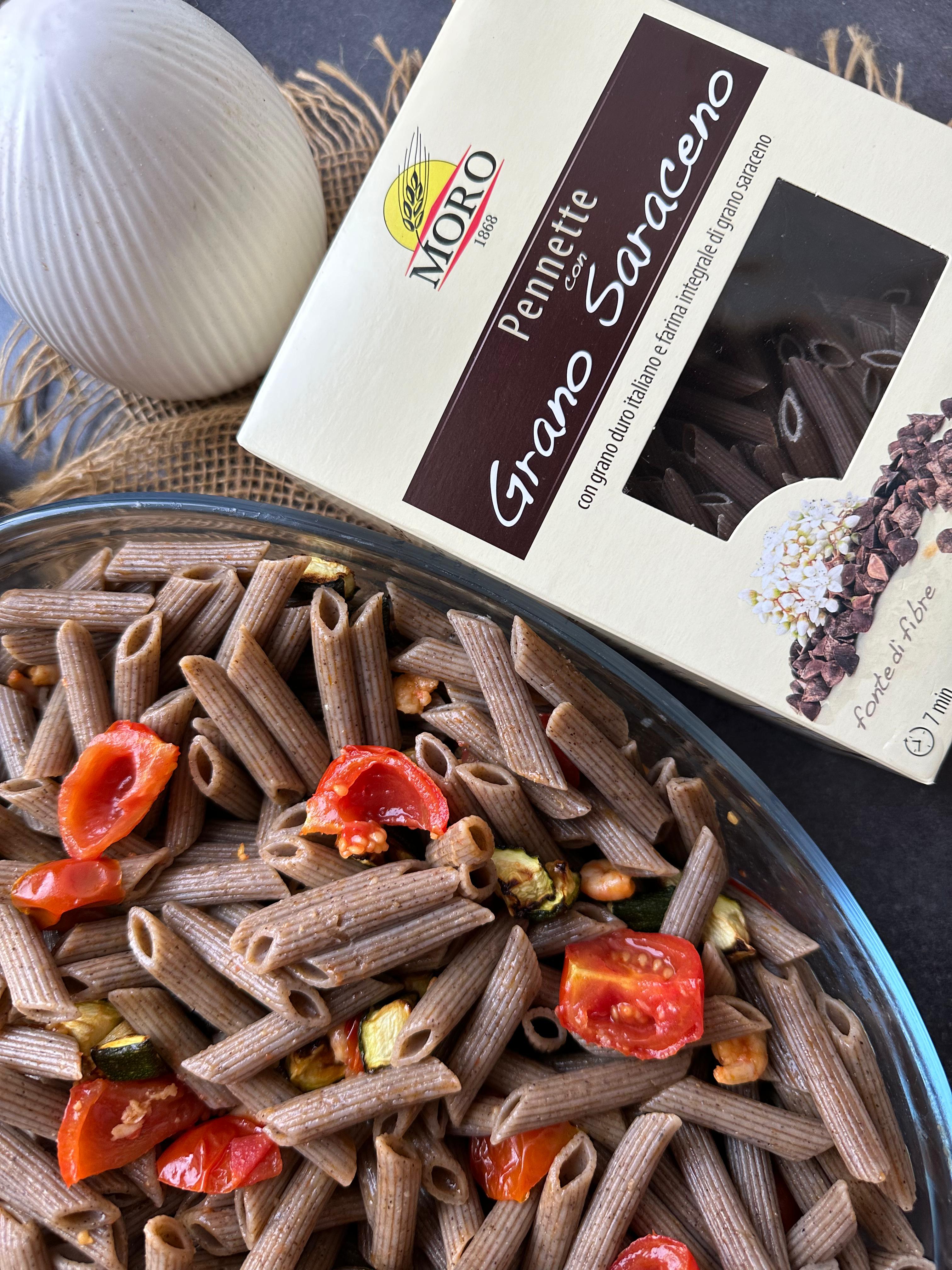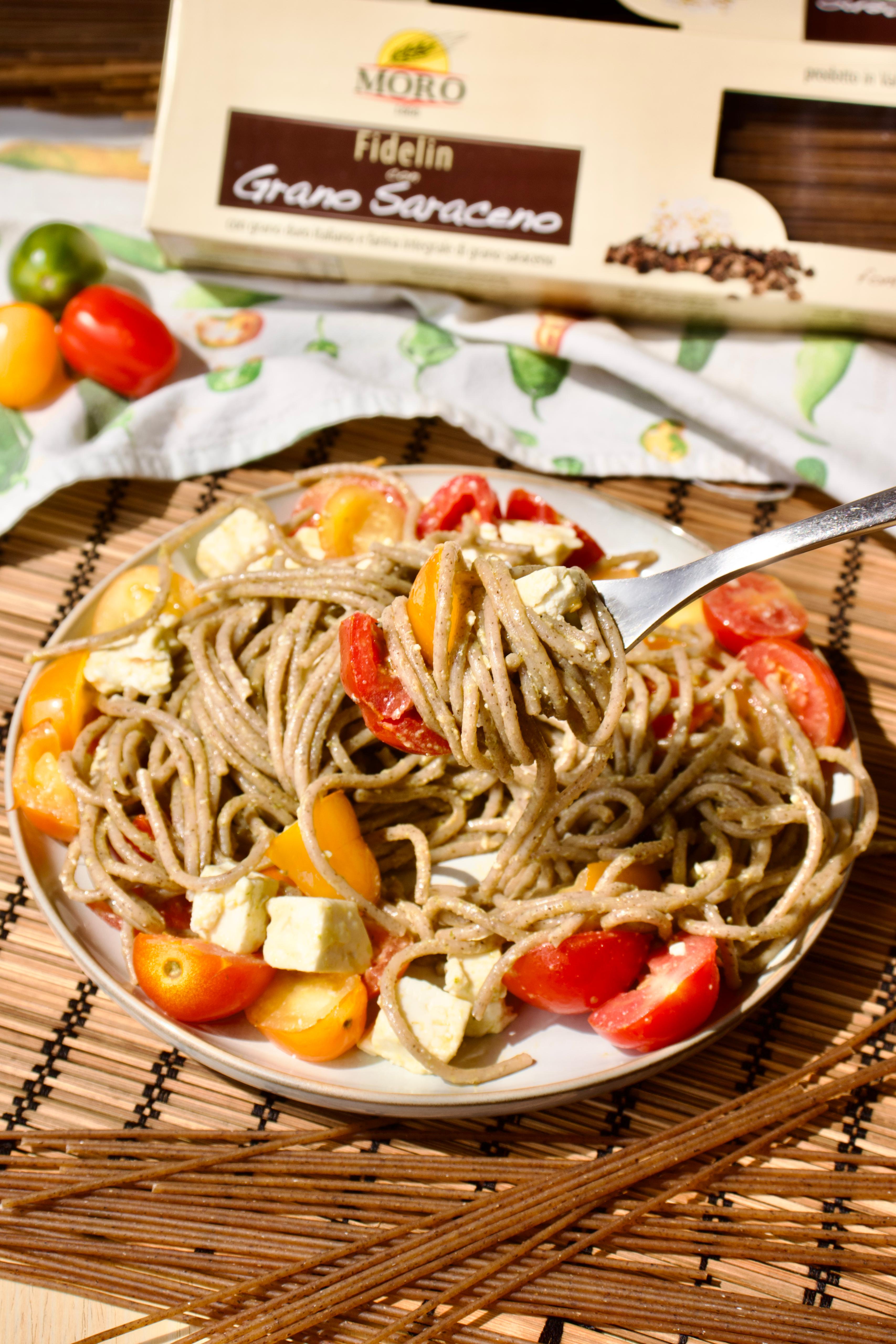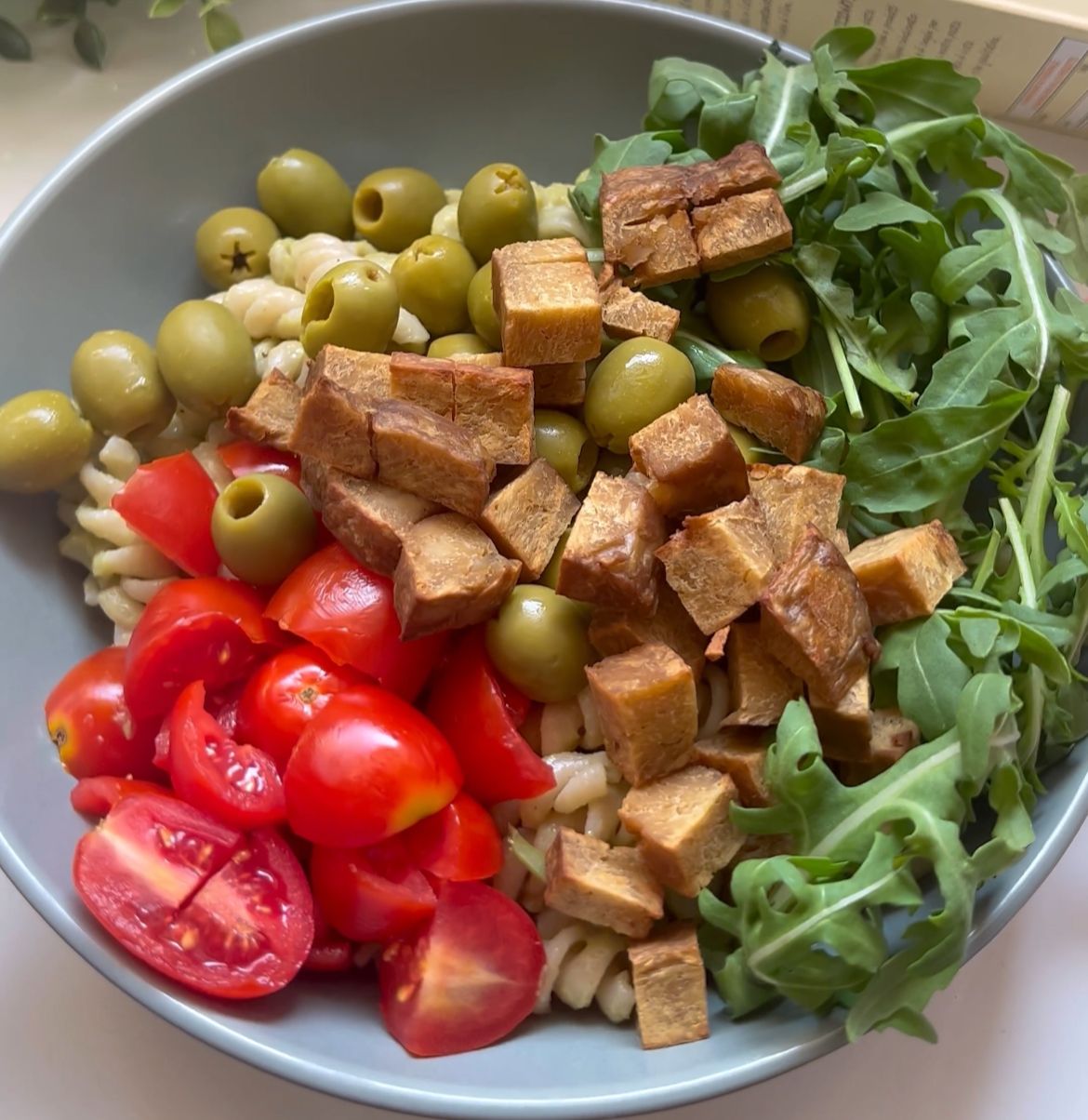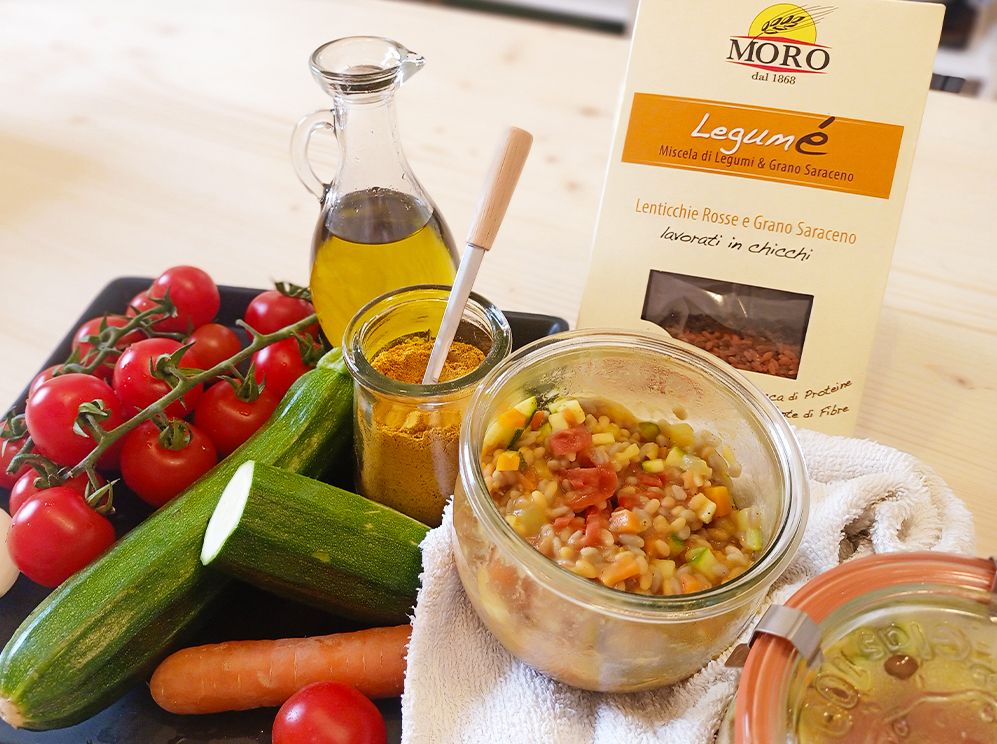The Pastificio di Chiavenna
Dive into the history and innovation of the Pastificio di Chiavenna, a gem nestled in the heart of Valchiavenna since 1868, where the pure energy of the Mera river was transformed into Made in Italy culinary delights. This ancient mill, now restored into an industrial archaeology museum, bears witness to our dedication to the production of pasta.

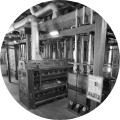
Discover more about the Mulino Moro di Bottonera
Discover the millWe invite all lovers of good cuisine to join us on this culinary journey, where every bite tells the story of our Valley, our people, and our land.

Our production
Over time, we have change while never forgetting our roots, turning local specialties like Pizzoccheri della Valtellina P.G.I. into worldwide ambassadors of our gastronomic culture, making every bite a journey in taste.
Discover the products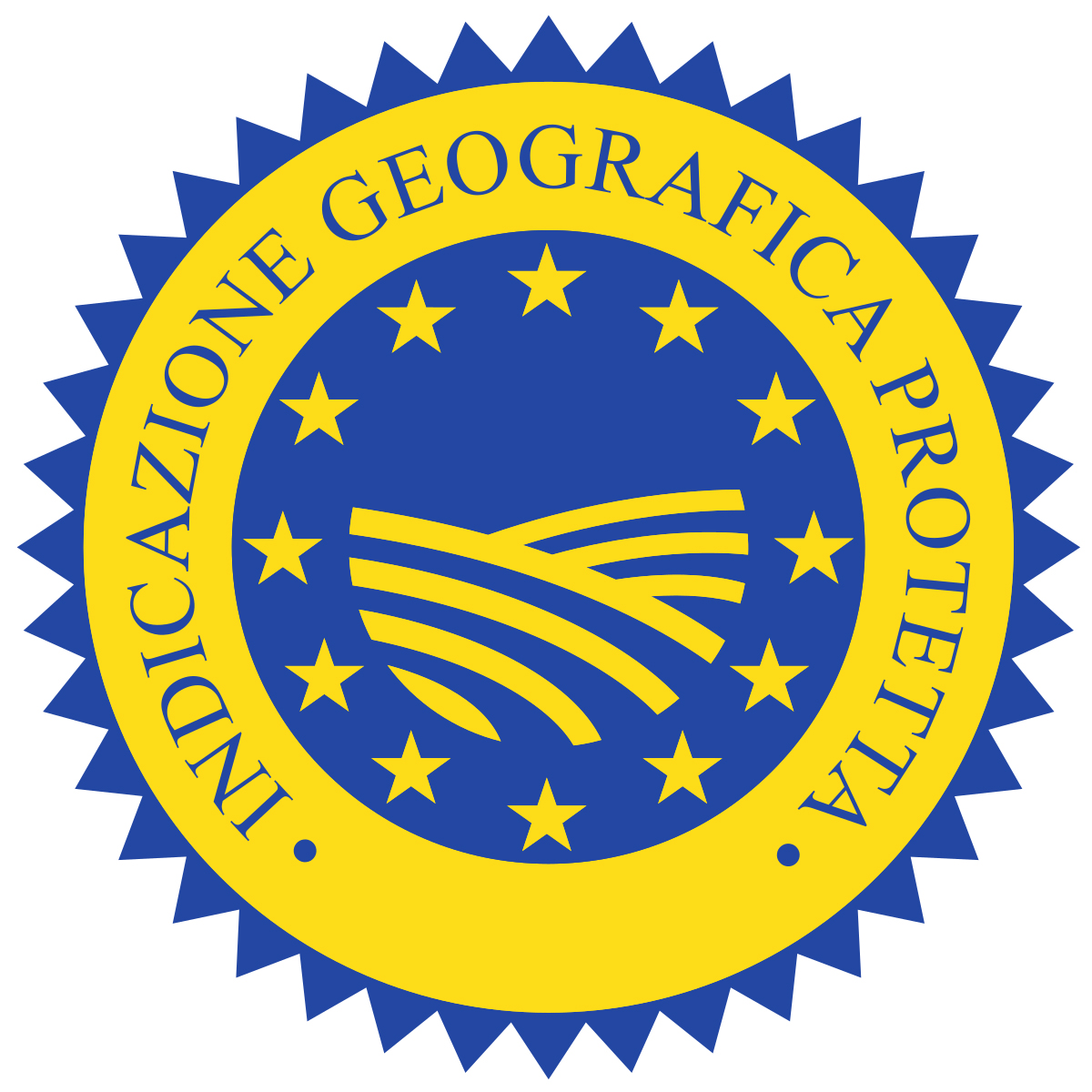
Buckwheat and Valchiavenna: a marriage of taste and tradition
In the heart of the enchanting Valchiavenna, where the pure air of the mountains meets the richness of unspoiled nature, a unique culinary tradition was born: pasta with buckwheat. This grain, known for its robust flavor and remarkable nutritional properties, has been cultivated in our mountainous lands for centuries, perfectly adapting to the cool climate and soil conditions.
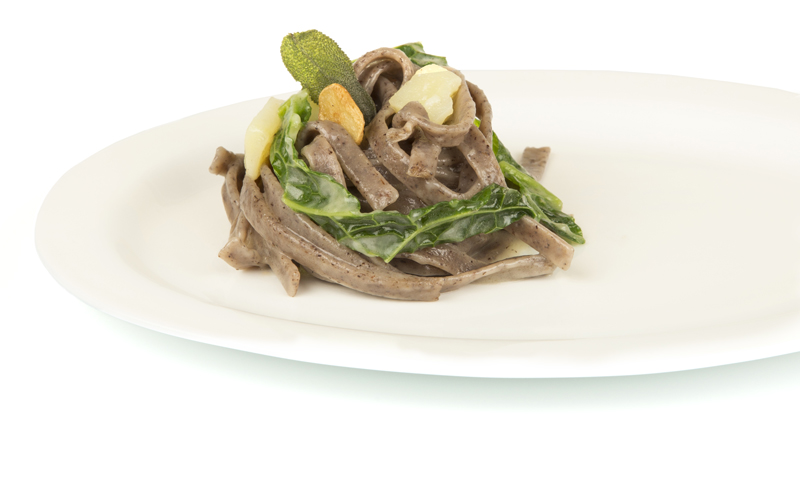
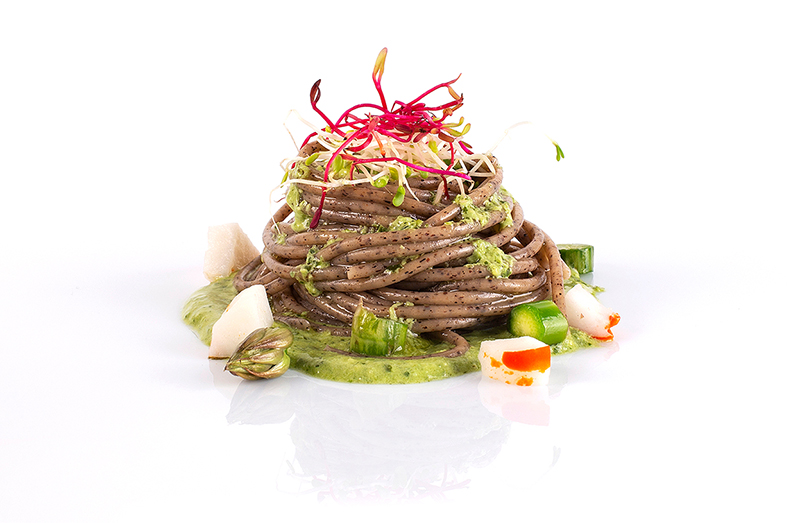
The buckwheat pasta from the Pastificio di Chiavenna is a tribute to this heritage. Our pasta, made with traditional methods, encapsulates the authentic and genuine taste of a bygone era.
The fusion of buckwheat and the pure water of the Alps creates a pasta that is not just food, but a real culinary experience, capable of bringing the flavors and aromas of Valchiavenna to the table. Its rough texture and ability to absorb dressings make it perfect for a variety of recipes, from the simplest to the most elaborate, always maintaining an inseparable bond with the territory.
Our buckwheat pasta is more than a product: it is a story of passion, dedication, and respect for nature and local traditions. It is an invitation to discover and rediscover the genuine flavors of the land, a bridge between past and present that is expressed in the quality and unmistakable taste of our products.
